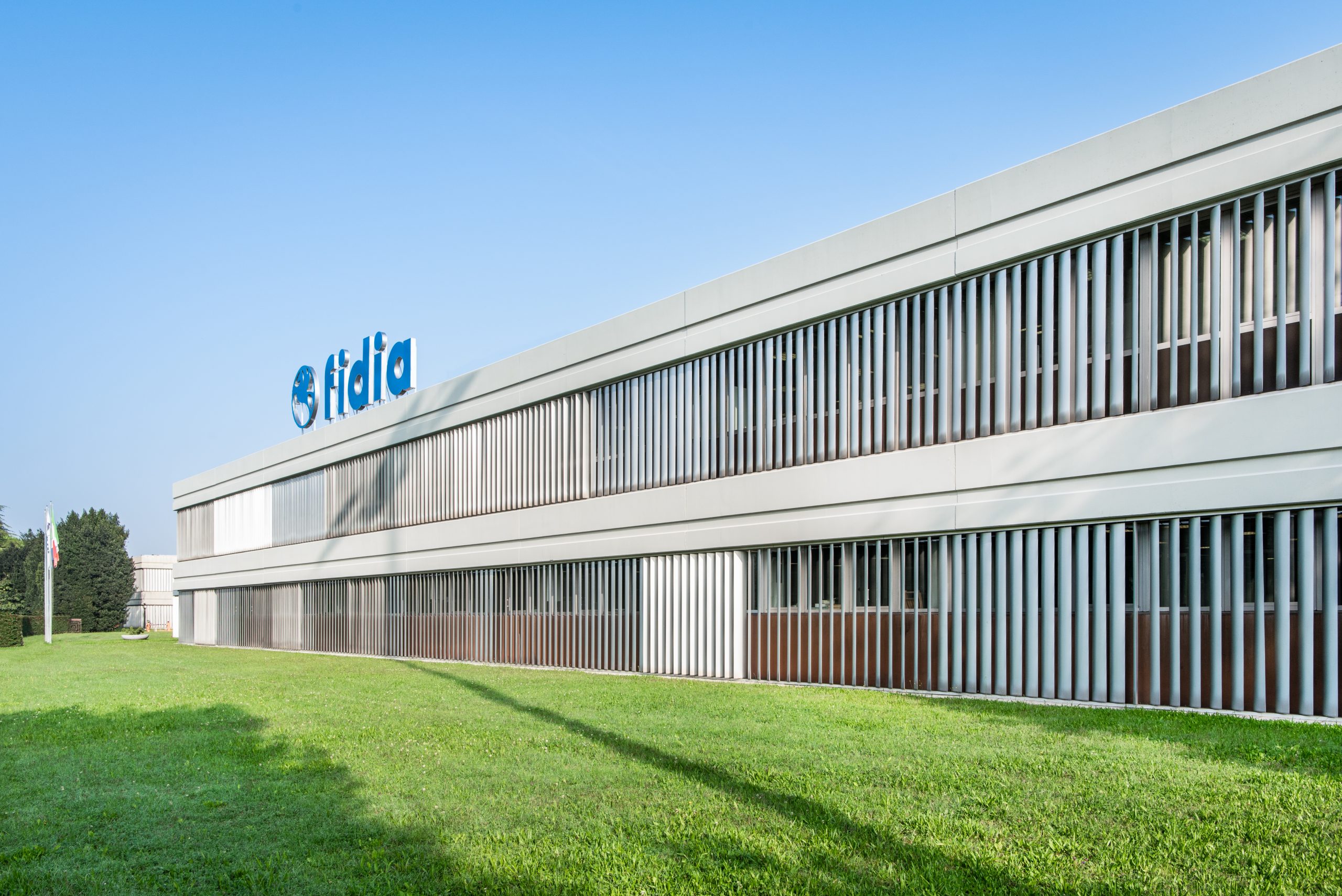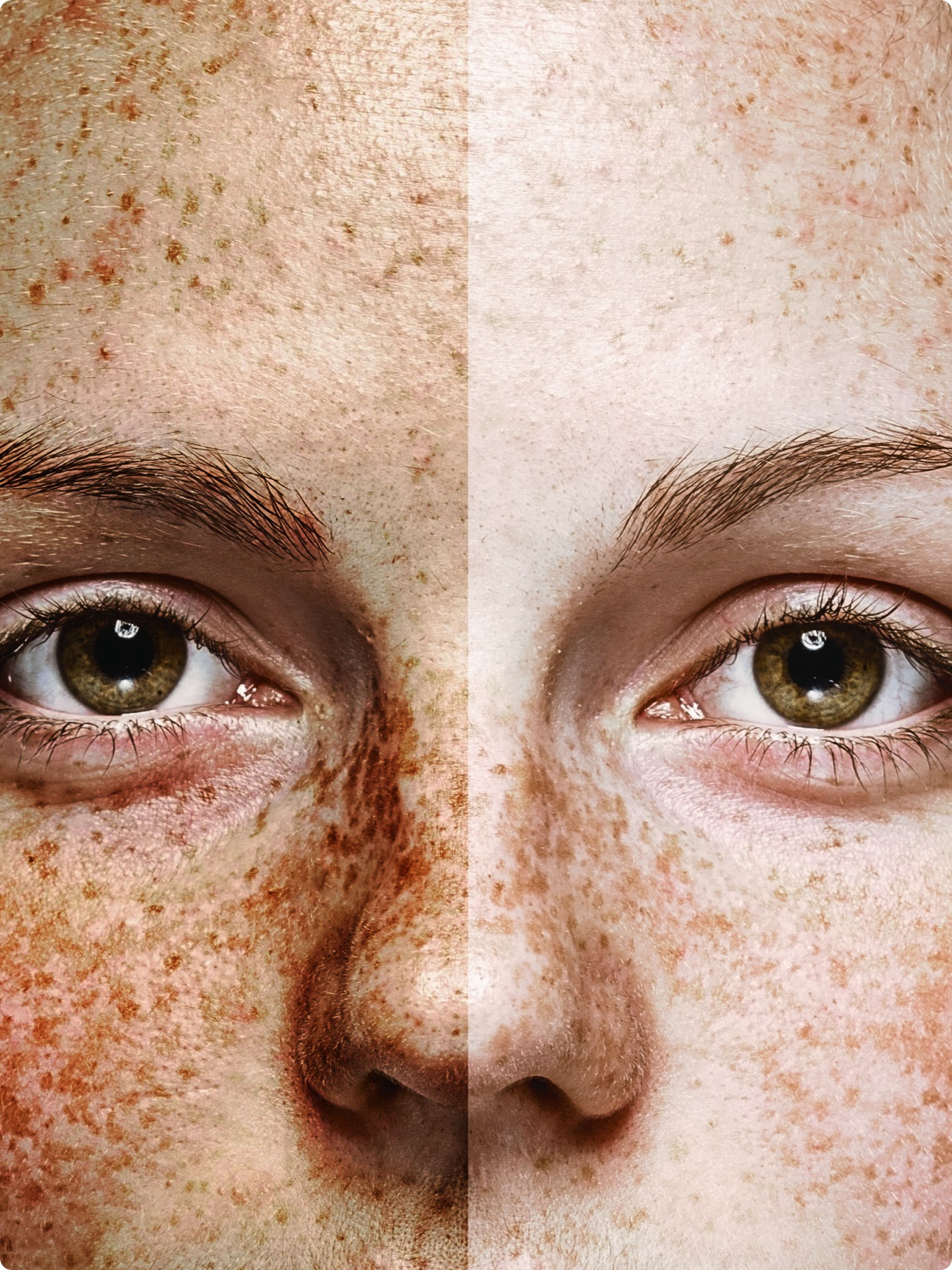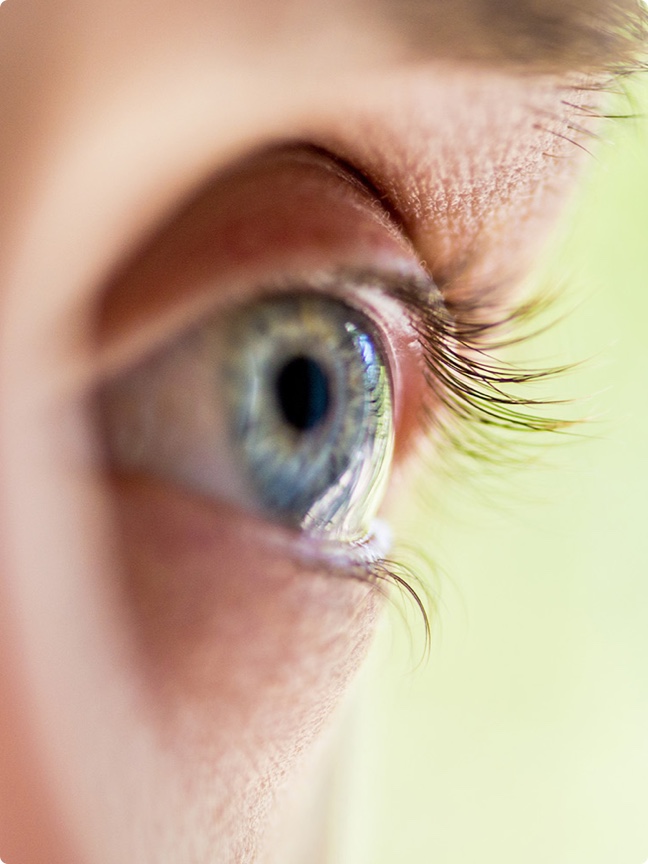


Our research continues…
Find out about our most important technologies.
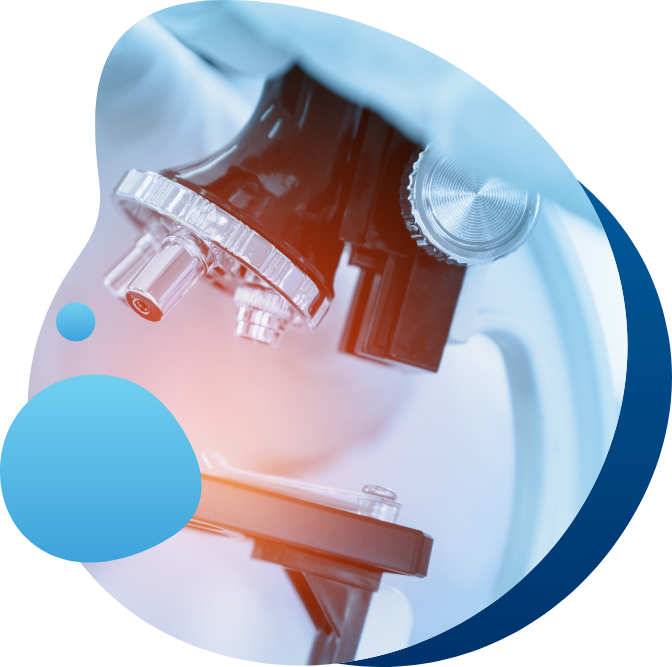
Our Hyaluronic Acid
We are able to produce fractions of Hyaluronic Acid of different molecular weight, each of which has unique physico-chemical characteristics and has a wide range of medical applications, from the healing of skin wounds to the use in intra-articular theraphy.
Modifications to the native polymer
Thanks to its high biocompatibility, Hyaluronic Acid (HA) is one of the best natural polymers as a starting material for numerous biomedical applications, from tissue engineering to drug delivery. Over the years, various modifications to the native polymer have been studied, to provide it with greater mechanical and chemical resistance, or to use it as a delivery system for active molecules.
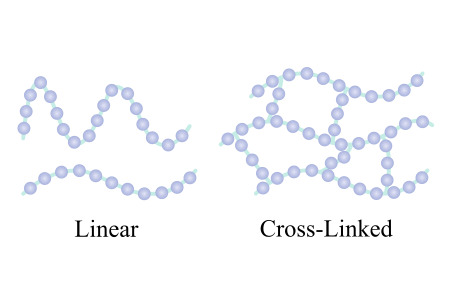
A
Generally, the most common modification is transformation of the viscous HA solution into a gel through cross-linking.
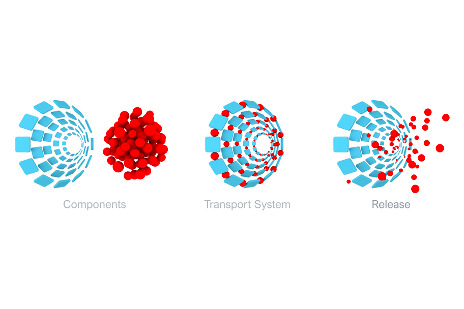
B
A second modification is the binding of molecules (e.g. drugs) to the polymer. In this case, the aim is not to improve the mechanical properties, but to use HA as a drug delivery system.
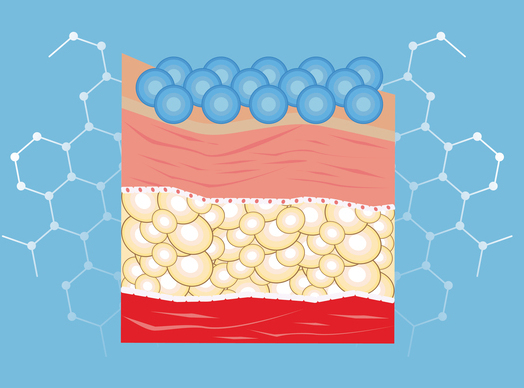
C
A third modification adopted is creation of biomaterials through the binding of HA to other natural or synthetic polymers to obtain a new material with different mechanical or physiological properties.
Our technologies
The first linear amide derivative of Hyaluronic Acid with a longer residence time and significant rheological properties.
The auto cross-linking of the linear polymer without a chemical spacer between the polymer chains.
The first crosslinking to involve both ether and ester bonds.
The first linear esterification of the native polymer.


